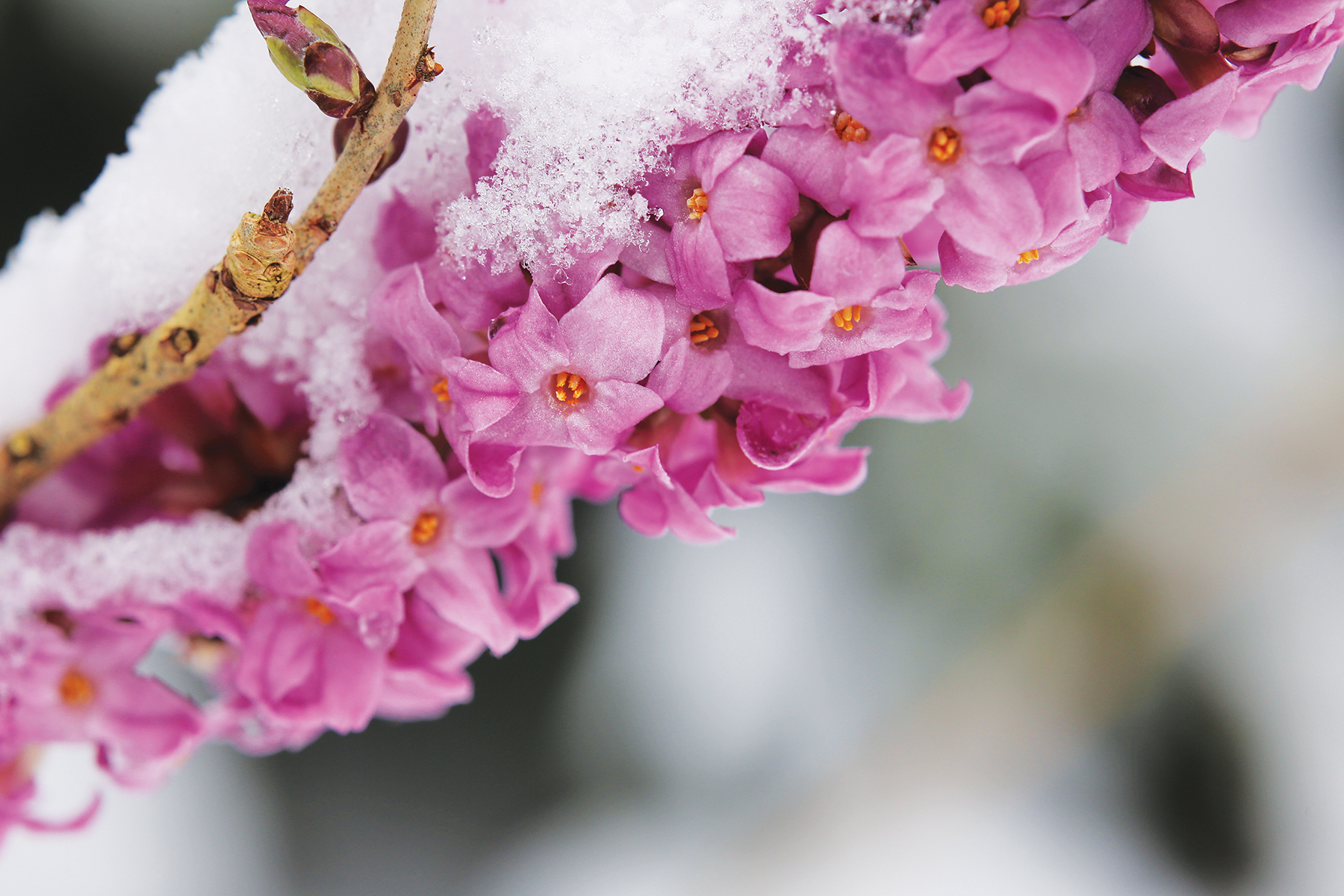The Gardening Guru

“She who loves a garden knows it is only hers for a season.” Author Mary Englebreit said this many years ago and it rings true still today. True gardeners – or dirt balls, as I sometimes refer to myself and my gardening buddies – enjoy the planning, the planting, the propagating, and the pretty results of our love. This time of year, I enjoy the perusing of seed catalogs and the purchasing of new introductions. Otherwise, what do you do in January and February?
We do have pops of lovely weather here in our Zone 7b gardens during winter, but we have some chilly days too. So, what do you do on those glorious days when the thermometer approaches 70 degrees in January? Go outside with your morning coffee and survey your garden. Perhaps you have your eye on a new area to introduce prized plantings this spring.
This type of plan leads to the question: Have you done a soil test in your garden, and lawn for that matter, in recent seasons? If not, do not get ahead of yourself. It saves heartache to test and find out what shape your soil is in before investing in new plants and all that goes along with a new area in the garden. Think back … did last year’s garden thrive as you had hoped? If not, a soil test might be in order. Contact your local Extension Office (for us, that is on Carya Drive in Raleigh) – they have master gardeners on duty Monday through Friday, eager and ready to answer your phone inquiries. They love helping fellow gardeners – avid ones and newbies alike – with their gardening questions. You are welcome to drop by during their office hours to pick up your soil testing kit, which comes with easy instructions for gathering your sample(s). All you’ll need are a plastic pail or any plastic container and a shovel or spade for digging in several places around your lawn/garden for samples of the soil. You can return your sample(s) to the Extension Office, and they will forward it on to the North Carolina Department of Agriculture, Agronomics Lab, located off Reedy Creek Road in Raleigh, where the soil is tested for nutrients, etc. Once completed, you will receive a detailed report via email with suggestions on enhancing your soil as needed. Note, November through March there is a nominal charge for this service, as the lab is busy with our farmers as they ready for a new crop year. April thru October, this is a free service for the home gardener.
Back to the garden, and the many catalogs arriving almost daily in the mail – so much information, so many plants and seeds. I sit with a notebook and pen, jotting down all the new goodies I will order for my garden. As you do the same, be certain to consider your planting areas. Do you have full sun, or are you shady? Do you have an adequate water source? Again, save yourself disappointment by assessing your garden and the plant you want to introduce … is it a good fit? Growers and suppliers thankfully give us a good head start by sharing where the plant will grow best. We know we are hot and dry during the growing months here – can you commit to the watering and mulching that will be required for successful gardening?
Going forward, is there a theme to the area? Do you want to attract pollinators such as bees, butterflies, birds, wasps, and even bats? If so, herbs and native flowers should be considered. Do you want early bloomers? Consider hellebores for an evergreen perennial and daphne for a shrub. Both bloom when most other plants are still at rest. While hellebore is lovely, the daphne is both fragrant and attractive. Plant it somewhere you will enjoy the aroma.
My fellow gardening friends, I have just touched on the many ways we can fill the long winters hours. Enjoy downtime this season with some research and planning for the warmer weather to come. Before we know it, we will be visiting local high school plant sales as well as all our favorite garden centers grabbing lovely, fresh plants and heading home with our treasures.
In the interim, if it snows, dust it off your shrubs that might be damaged from the weight. If you are using salt to melt ice, remember your plantings and be careful; shoveling is great and will keep you in shape for gardening season. Happy digging!
Pam Eagles
Pam Eagles lives in Rolesville where she gardens with two dogs and a cat. She is a founding member of the Community Gardeners of Rolesville Garden Club and serves as a Wake County Master Gardener.

